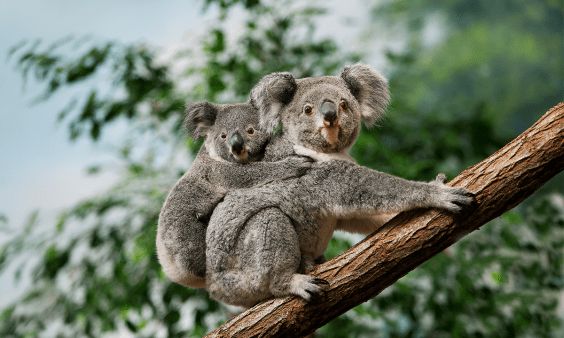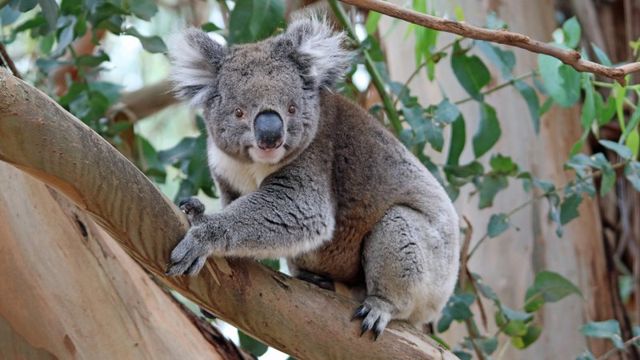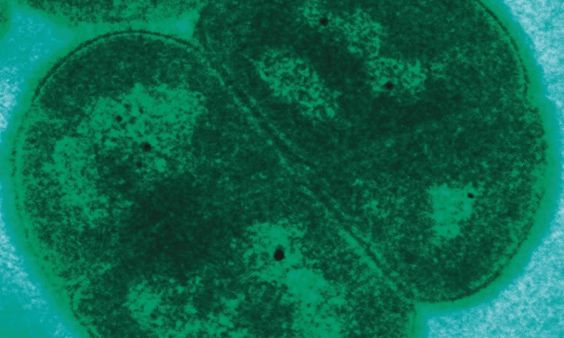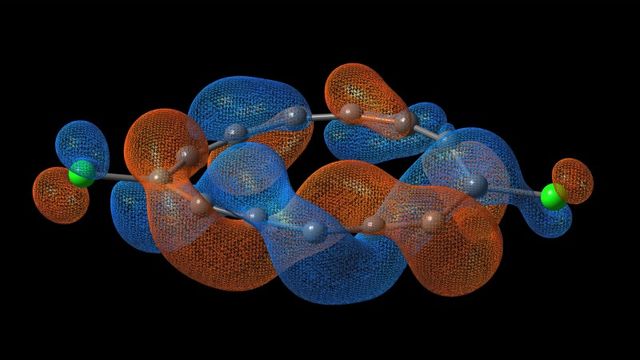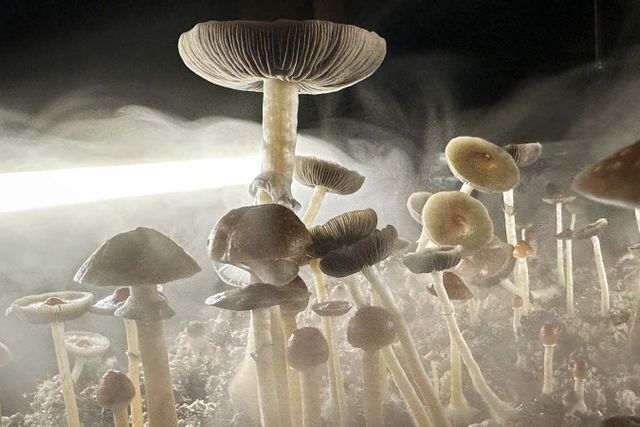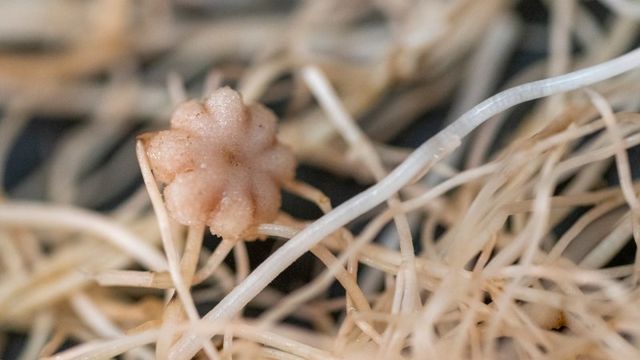Research sheds light on food safety risks in California's Central Coast produce
A five-year study on California's Central Coast, led by the U.S. Food and Drug Administration and the Western Center for Food Safety at the University of California, Davis, is helping scientists better understand how harmful bacteria can move through the environment.




